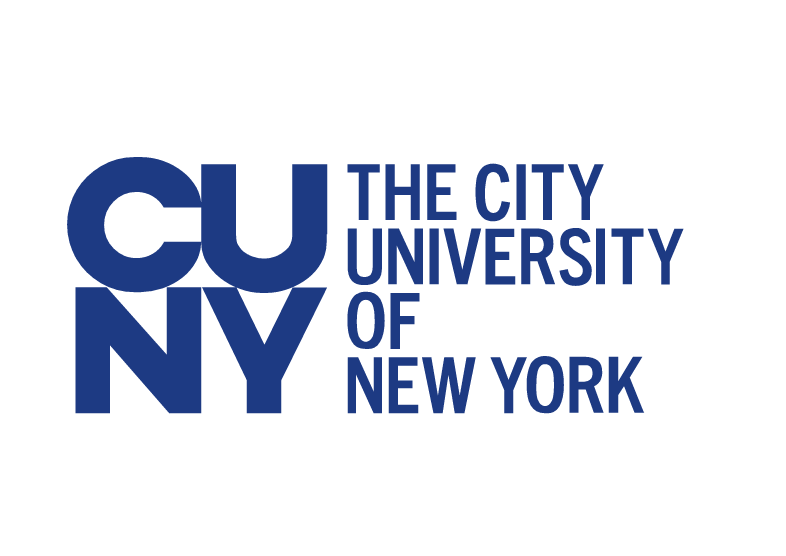As Baruch College students wrap up their first fully online semester, many were hoping for the enactment of a Credit/No Credit policy to help alleviate some of the chaos that has continued from the spring semester.
However, on Dec. 1 James McCarthy, the interim provost and senior vice president of academic affairs, sent out an email shutting down the chance of a CR/NC policy for the fall semester, leaving many students disappointed and stressed.
“We understand the challenges students are facing as a result of the COVID-19 pandemic, and as a result of Baruch’s change to remote, online learning. However, we have come to the conclusion that implementing a Credit/No Credit policy at Baruch again this semester is not possible,” McCarthy wrote.
The pandemic has changed how learning institutions function, affecting students and faculty alike. This circumstance has created widespread anxiety and uncertainty about finishing the semester.
By saying this policy is not possible, Baruch has blatantly ignored the opinions and concerns of students who were looking to their college for support.
According to the CUNY website, the chancellor has the ability to review and extend the policy. Executive Vice Chancellor and University Provost Jose Luis Cruz approved a CR/NC policy for CUNY overall for the fall semester.
Therefore, it is up to the discretion of individual CUNY presidents to implement this policy.
To much disappointment, Baruch President S. David Wu and McCarthy knowingly chose not to implement what would have been a beneficial policy as expressed by many Baruch students via email or petition, unlike Hunter College who chose to provide such a policy for its students.
“A small number of CUNY Colleges had pre-existing Credit/No-Credit policies, and were able to move quickly to revert to their previous policy. Baruch is not one of those Colleges, although Baruch College does have a very limited pass/fail policy in place,” McCarthy wrote.
As noted on CUNY’s COVID-19 CR/NC FAQ page, this policy was “designed to provide students with maximum flexibility during the ongoing and challenging transition of all courses to distance learning.” Spring 2020 was not the full extent of this tumultuous time.
Many students are still challenged with economic uncertainty, family obligations, COVID-19 directly affecting them or a family member and overall mental and emotional anxiety.
Not to mention, Baruch’s student population is made up of about 1,600 international students who lost their housing in New York and had to move back to their home countries.
They are working, attending class and submitting assignments in accordance with Eastern Standard Time. Implementing a CR/NC policy would have provided them a safety net and reduced many stresses they may have about completing the semester.
“Baruch would have to start, from the beginning, the process of exploring the possibility of a longer-term, Baruch-specific Credit/No Credit policy. This exploration must be done in full consultation with faculty and students (including with the USG),” McCarthy wrote.
As the situation stands, it is up to individual professors to work with struggling students to find a solution so they can finish the semester as unscathed as possible, granted they have a professor willing to work with them.






